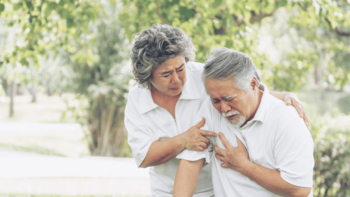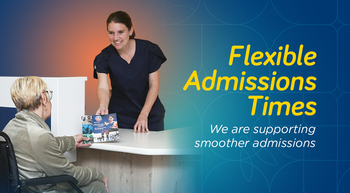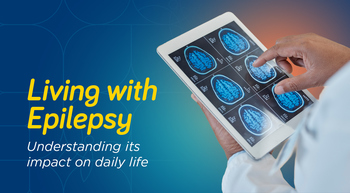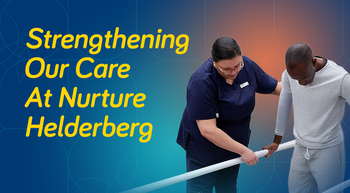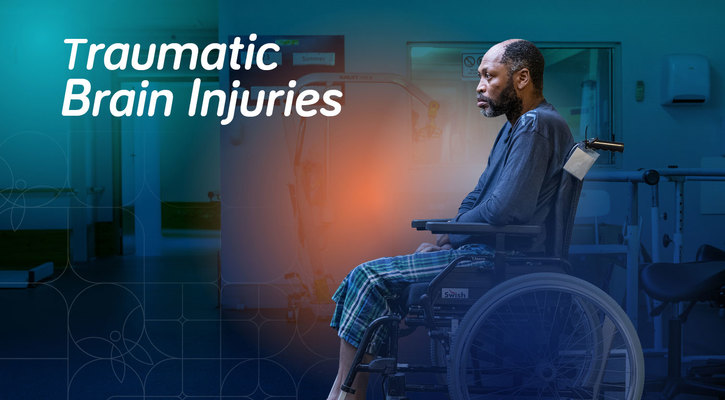
Traumatic Brain Injuries: Questions for Families to Ask
On Wednesday, March 20, we observe World Head Injury Awareness Day, a moment to acknowledge the profound impact that a traumatic brain injury (TBI) can have on a person’s life.
While preventative safety measures help reduce the risk of TBIs, accidents still occur—sometimes with devastating consequences. Even a mild TBI, such as a concussion, can take months to heal fully, while more severe injuries may lead to paralysis, cognitive challenges, and lasting neurological impairment.
Comprehensive physical rehabilitation is an essential part of recovery for individuals affected by TBI. At Nurture Health, we provide specialist interdisciplinary care, combining medical expertise with therapies designed to promote recovery and improve quality of life.
Families and loved ones play a vital role in the rehabilitation journey.
Here are some key questions they may wish to ask:
What types of therapy are needed?
The rehabilitation plan will be tailored to the severity of the injury and the patient's specific challenges. Our interdisciplinary team may recommend:
• Physiotherapy to restore mobility, coordination, and strength following a TBI.
• Occupational therapy (OT) to help patients re-learn daily living activities such as dressing, bathing, and eating independently.
• Speech therapy to assist with communication difficulties, cognitive-linguistic deficits, and swallowing impairments.
• Cognitive rehabilitation to enhance memory, problem-solving skills, and executive functioning.
• Psychological support to help patients and their families navigate the emotional and mental health challenges that may arise.
With a network of physical rehabilitation hospitals across the country, Nurture Health is well-equipped to provide these and other essential services.
How long will physical rehabilitation take?
Rehabilitation timelines vary based on injury severity, patient progress, and treatment goals. Families should ask about:
• The expected duration of inpatient and outpatient rehabilitation.
• Milestones that will determine progress.
• Follow-up assessments and adjustments to the care plan after the patient returns home.
What are the goals of rehabilitation?
The primary objective of physical rehabilitation following a TBI is to restore independence and functionality as much as possible.
Treatment aims to:
• Improve the patient’s ability to perform essential daily tasks.
• Address physical, cognitive, and emotional challenges.
• Provide strategies to manage long-term effects, such as memory difficulties and problem-solving impairments.
What can family members do to help?
Family involvement is crucial to supporting recovery and ensuring a seamless transition from hospital to home.
It’s important to:
• Understand the rehabilitation process and maintain realistic expectations.
• Seek training and resources on how to assist with follow-up care at home.
• Stay engaged and proactive in the treatment journey, reinforcing the therapy team’s strategies.
At Nurture Health, we emphasize early intervention, consistent rehabilitation, and individualized care—all centered around the patient’s specific needs.
Even a mild head injury can significantly impact a person’s quality of life if not properly managed. Our multidisciplinary team works collaboratively to ensure patients receive specialized physical rehabilitation, with additional support for families navigating this complex journey.
Furthermore, we liaise with medical aids and funders to help secure the necessary approvals, ensuring that financial concerns do not become barriers to accessing care.
Our mission is to empower individuals to live fulfilling lives despite physical and cognitive challenges. If there’s a way, we’ll find it!


